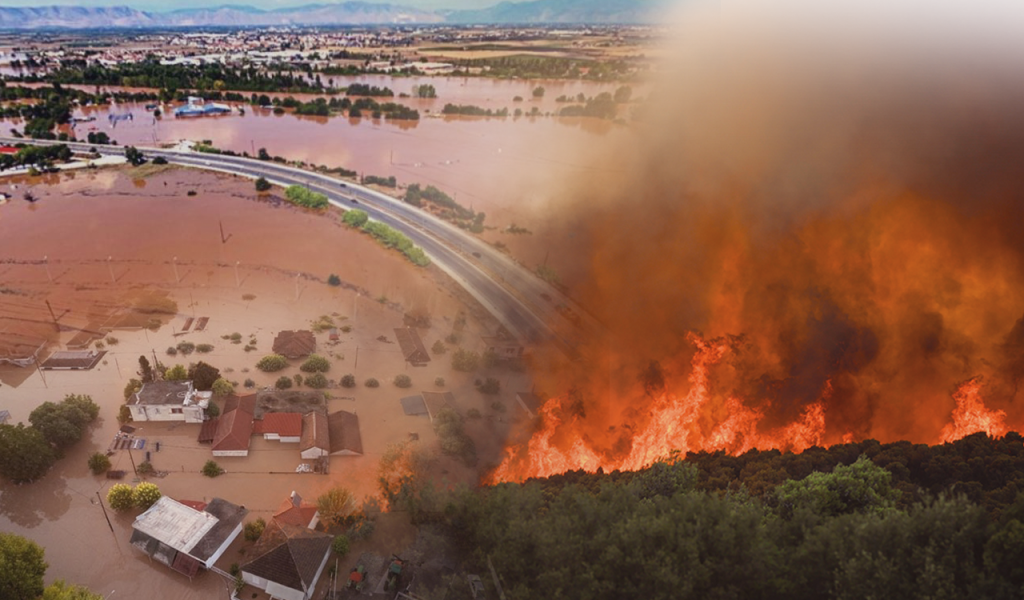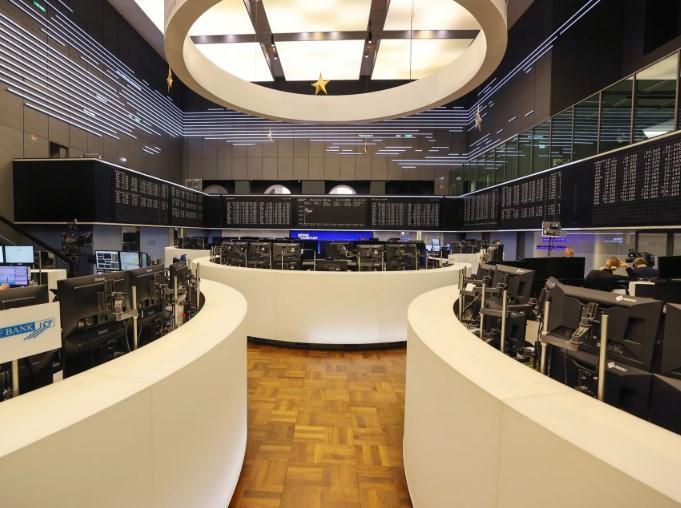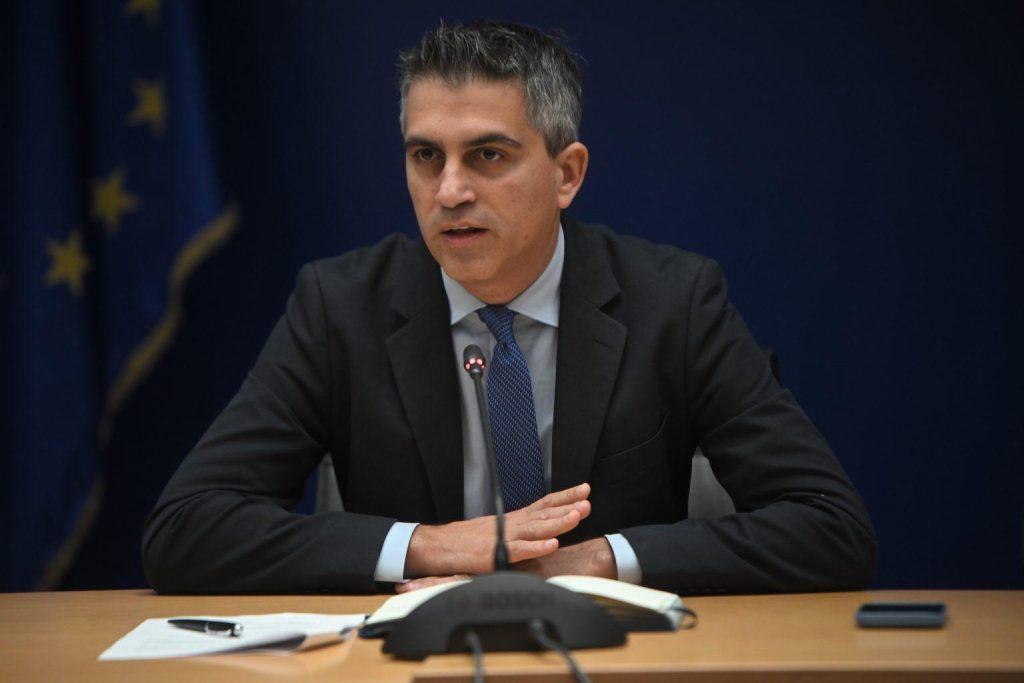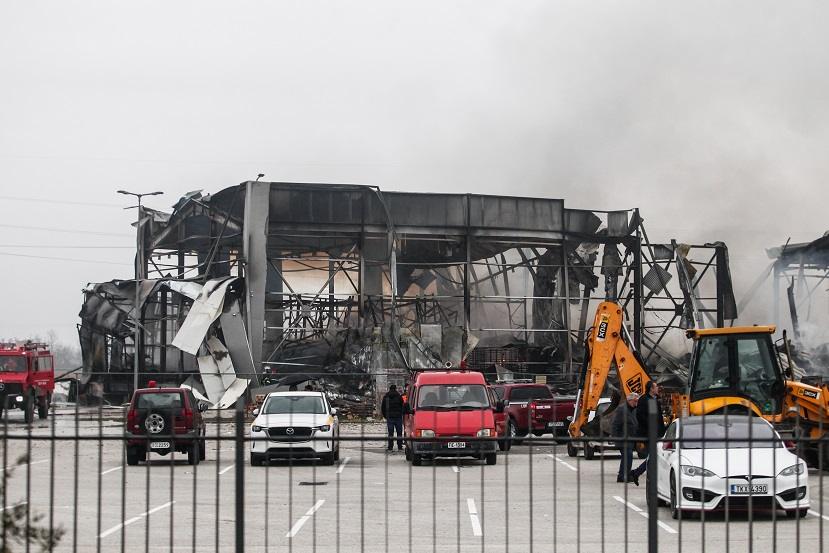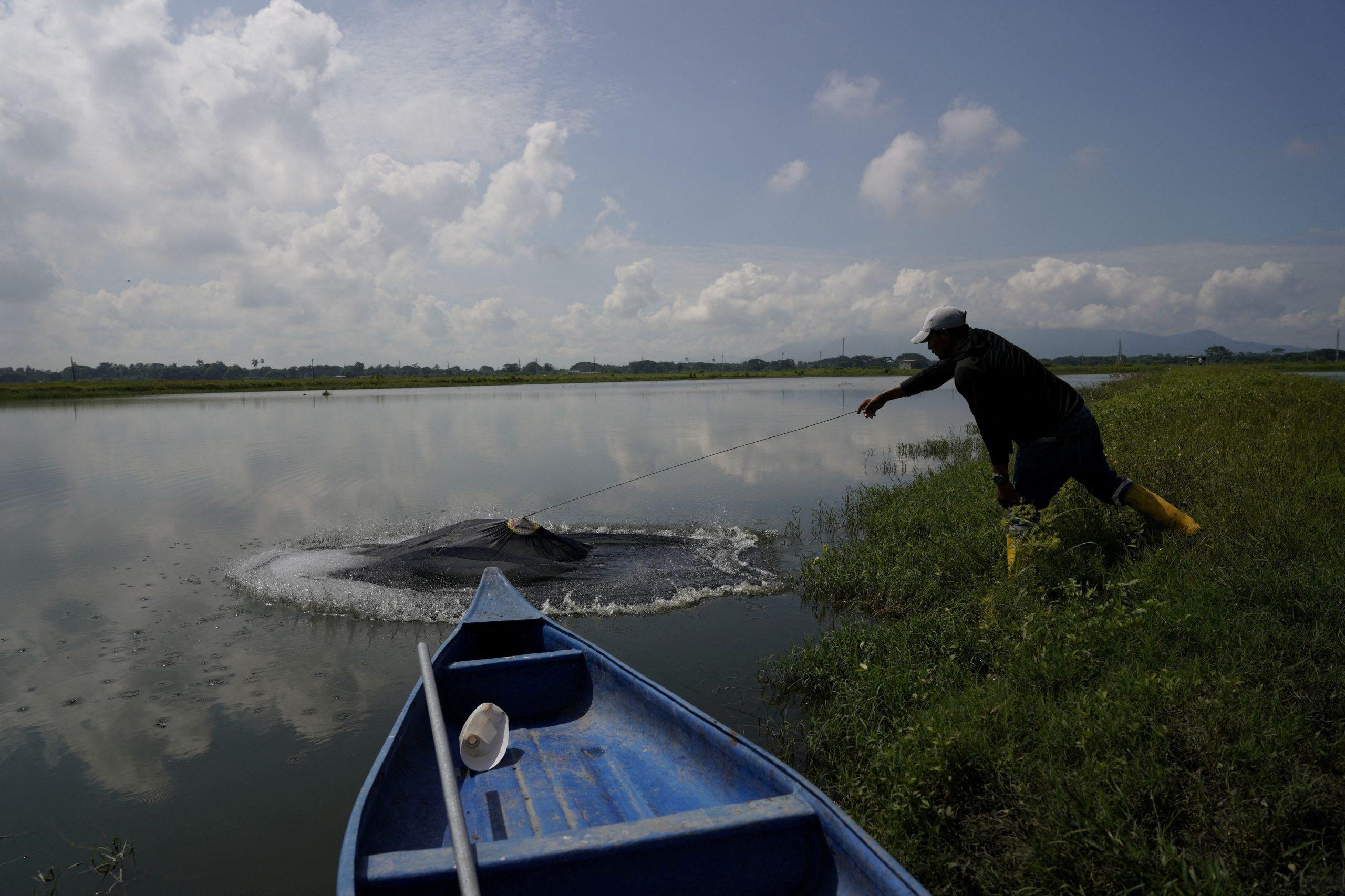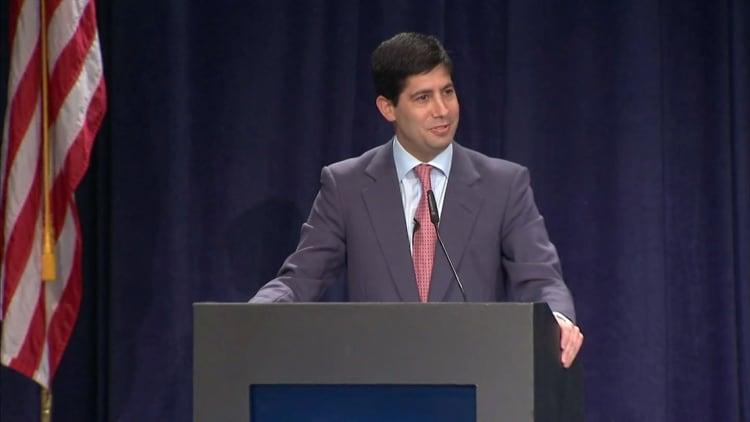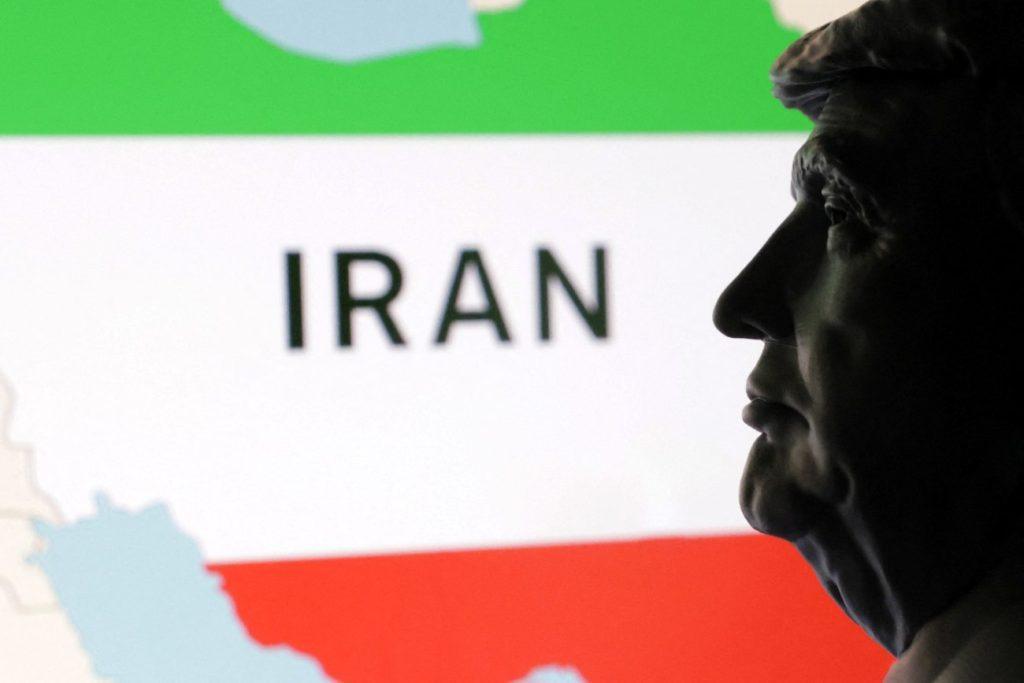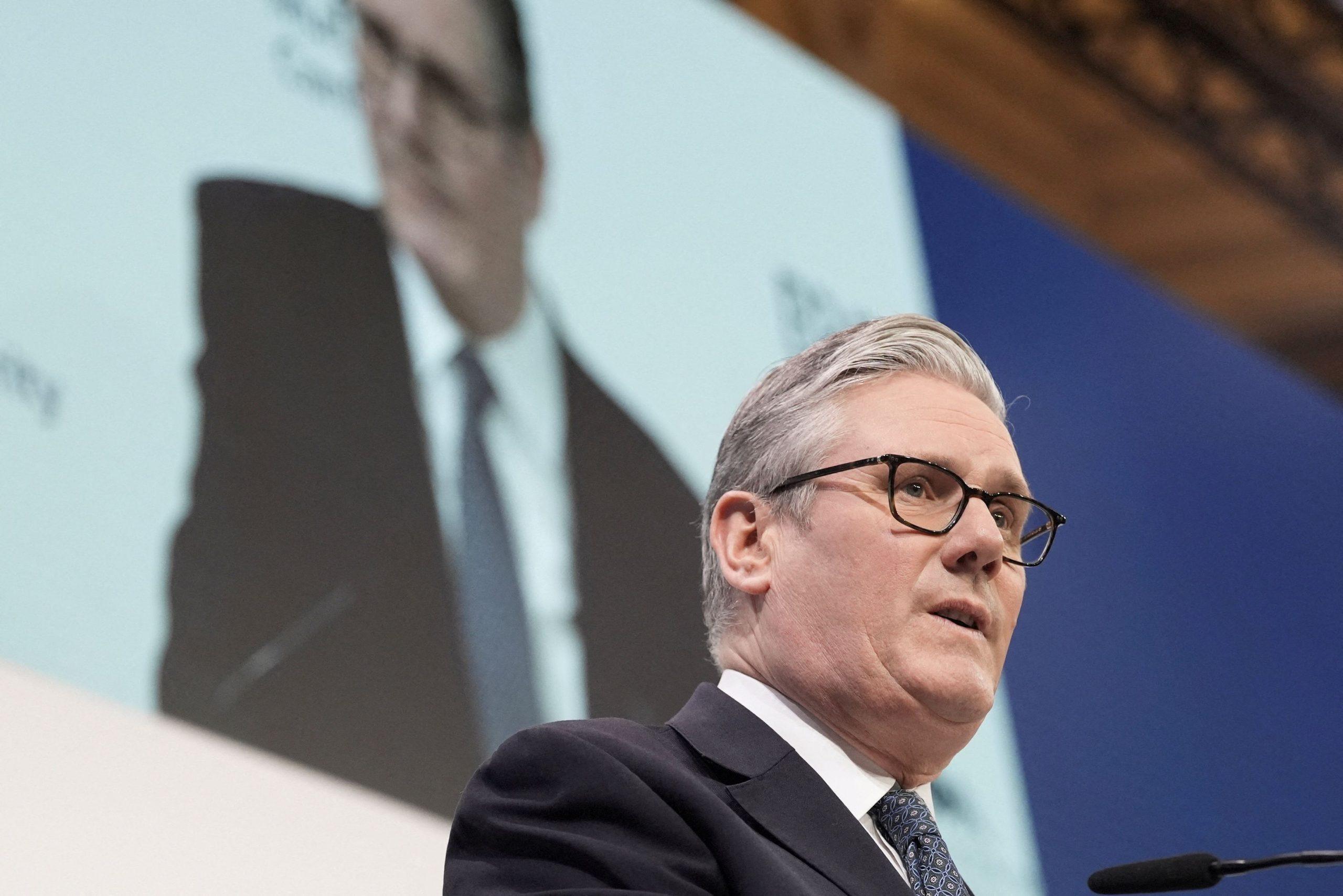As we’re approaching the end of the summer season, the question of the possible changes that extreme weather events will bring to the habits of tourists is still high on the agenda of discussions among the actors of the tourism industry.
This summer’s extreme temperatures, fires across much of southern Europe and subsequent flooding have set new standards for tourism as many argue that areas where extreme weather has been recorded will cease to be such attractive destinations. This image, as ot.gr is able to know, is also reflected in surveys carried out during this period, which show a very high percentage of those who cite extreme weather phenomena as a reason for concern regarding the choice of destination.
Studies
Even before the summer, extreme weather phenomena were recorded as a reason for concern by those planning their trips. Research by the European Travel Commission (ETC) reported that 7.6% of respondents are concerned and take extreme weather into account when choosing a country to travel to.
At the same time, MG Consulting argues that extreme heatwaves in southern Europe, and fires in particular, may have contributed to tourists changing their minds about their holidays this summer, as occupancy rates of hotel units in these countries recorded a drop, or a marginal rise. The company reports that in Greece the average occupancy of hotel units decreased by 1.4%, while in Portugal by 2.2%. On the contrary, a significant increase was observed in the Nordic countries. The Czech Republic saw an increase of 12.1%, Hungary +9.8%, the United Kingdom 4.5%, Austria 3.9% and the Netherlands 3.7%.
The tour operators
The more optimistic heads of three of Europe’s biggest tour operators do not believe that destinations hit by this summer’s extreme weather will suffer a long-term decline in demand.
Speaking at Travel Weekly’s Future of Travel Conference, easyJet holidays chief executive Garry Wilson said he was confident three of the destinations hit hard by the adverse conditions in recent months would be among the most booked destinations in 2024. I guarantee, he stressed, that Mallorca, Turkey and Greece will be the most popular destinations next summer – customer attitudes do not change in such a short time.
Jet2 chief executive Steve Heapy said: “People are afraid to go on holiday as a result of the sensationalist way global weather is covered.
I’m not a climate change denier, but we have to be careful not to have all this hysteria around events that happen all the time. It’s almost like they’re scaring people into not going on vacation,” he added.
Tui Northern Region managing director Andrew Flintham said: “It is rare to see a sustained drop in demand for destinations affected by unusual weather conditions. Tourists may avoid a particular destination for a year, but demand tends to bounce back very quickly.”
In any case what tourism people are advocating is the need to design a resilient infrastructure to deal with these events effectively when they occur.
SETE
“Tourism has been living with crises for the last few decades,” Mr. Alexandros Thanos, authorized advisor of the Association of Greek Tourist Enterprises (SETE) noted to ot.gr . “In the past we had the crisis of terrorism, then the pandemic. In both cases, Greece showed a very good reaction and benefited from tourism. Now we are experiencing a new reality linked to climate change”, he underlines and continues.
“Already in 2017, a discussion has been opened internationally and in our country about how to make destinations resilient against the effects of climate change, he notes and adds that the parameter of a destination’s resilience is now part of reality,” says Mr. Thanos and points out the importance of the Greek tourism brand:
“Greece is a very strong brand as shown by the case of Rhodes where the recovery came very soon after the fires. The bet there was won due to the efforts of the residents.”
Resilience design
But in addition to this, it is necessary to draw up a resilience plan that concerns not only the infrastructures but also crisis management and which includes all the actors involved (state, local government, private sector). “SETE will soon announce initiatives for the transformation of the private tourism economy towards sustainability”, concludes Mr. Thanos.
